Pyrolysis | Basic Principles, Types and Uses
Introduction Pyrolysis is a process that breaks down organic material at temperatures between 400 °C…
Fluidized Bed Gasifier | Types, Operation, Design and Development
Introduction A fluidized Bed Gasifier is a process that turns waste material containing carbon into…
Static Relay | Components, Working, Types, and Applications
Introduction The solid-state relay, also known as a static relay, was introduced back in 1960.…
What is PLC | Building Block of PLC and their Functions
Concept of PLC A programmable logic controller (PLC) is a microprocessor-based specialist computer built to…
Instrument Transformer | Introduction, Types, and Need
Introduction Instrument transformers are like magic glasses for electrical systems. They help us measure things…
Potential Transformer | Construction, Working and Errors
Introduction Transformers are devices that help transfer electrical power from one circuit to another. They…
Distribution Systems | Classification and Challenges
Introduction The distribution systems is like the delivery system for electricity in a local area.…
Demand Forecasting | Features, Uses, Purpose, and Methods
A forecast, particularly in the context of demand forecasting, is a prediction or estimation of…
Energy Conservation | Principle, Importance and Its Benefits
Introduction Energy conservation means using less energy by being smarter with how we use it.…
Quality Systems | Types, Benefits, and Need For Standardization
A Quality Management System (QMS) is like a set of organized rules that a company…


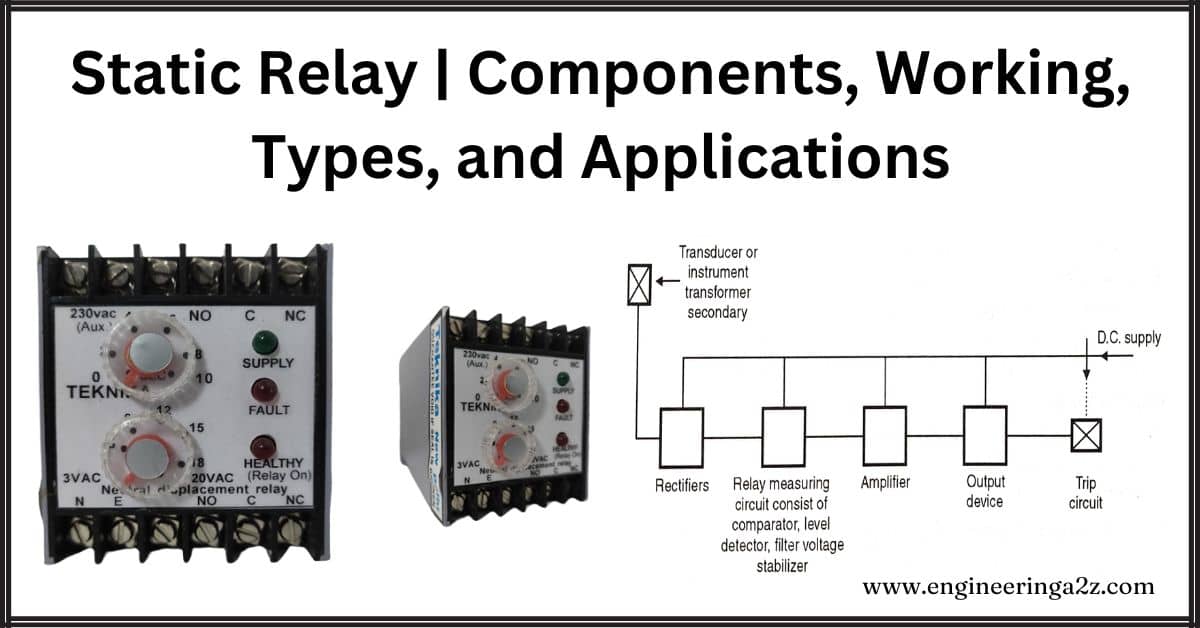
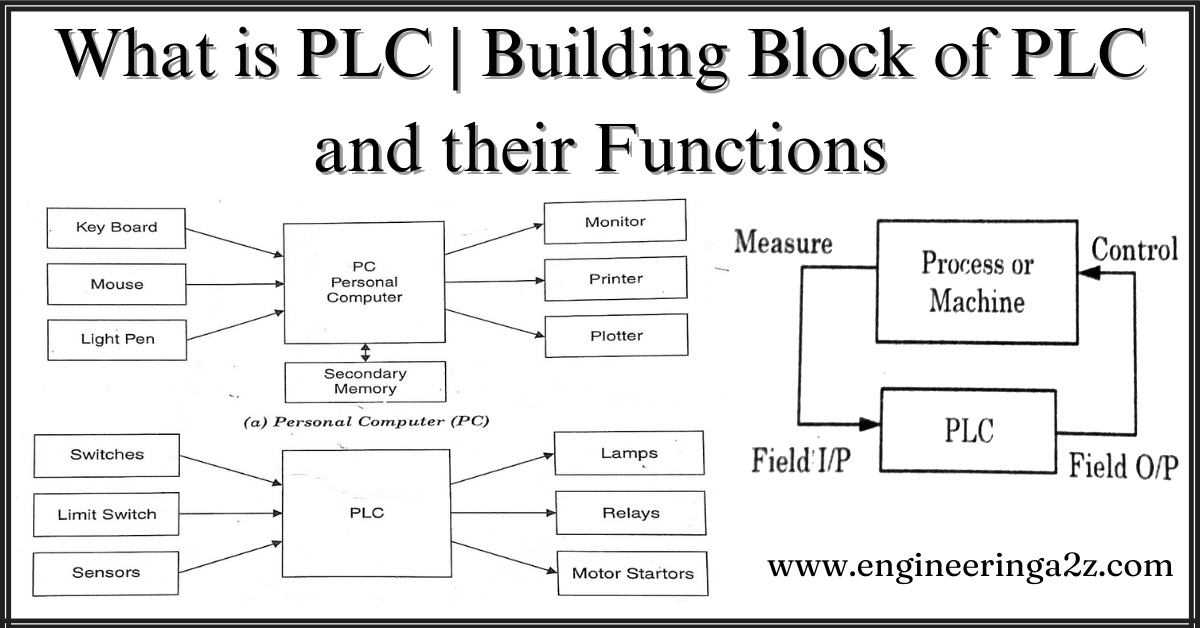
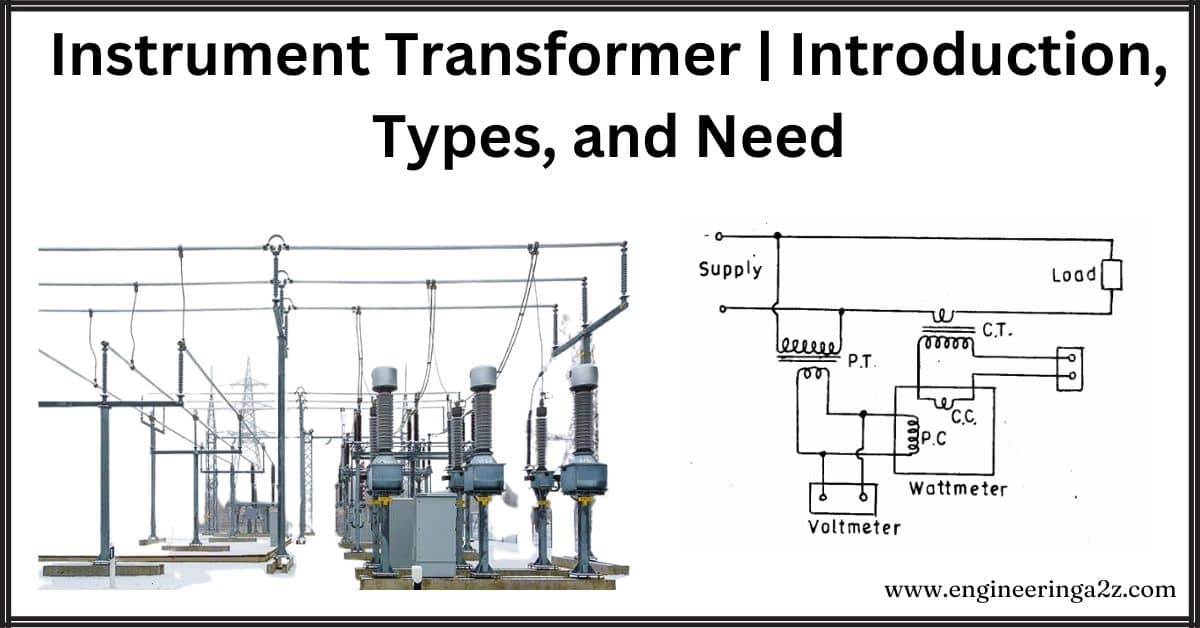
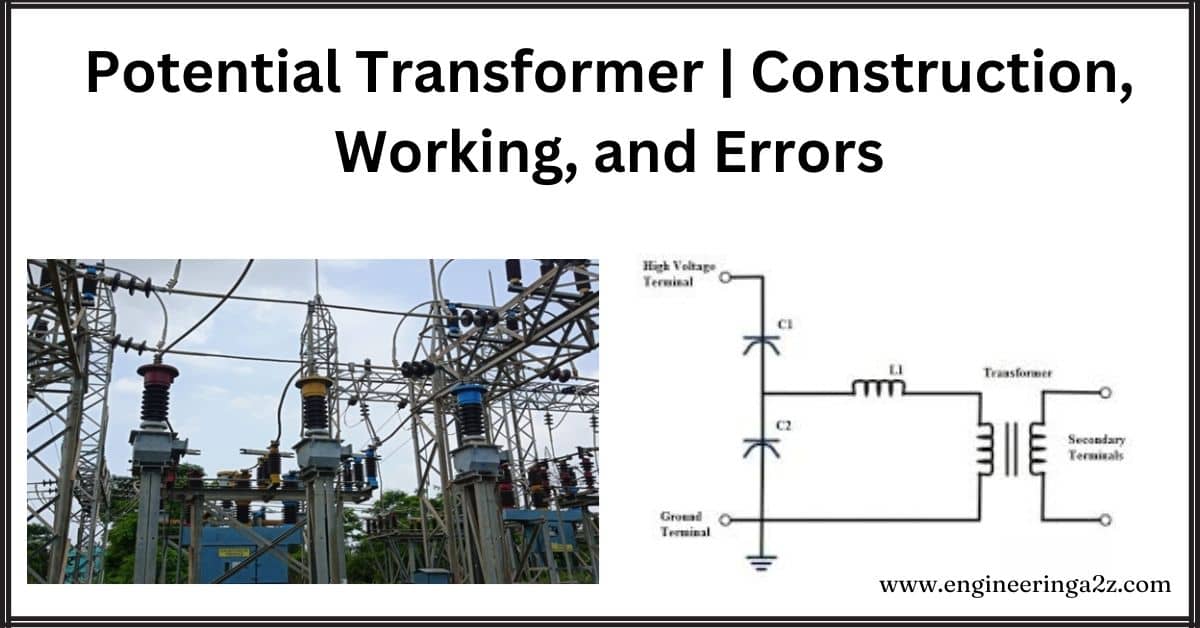
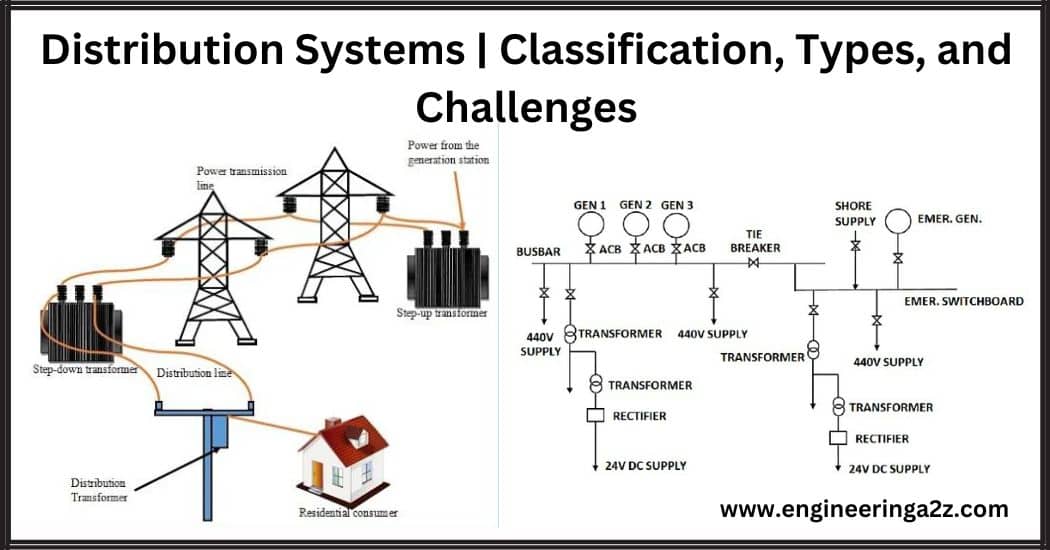
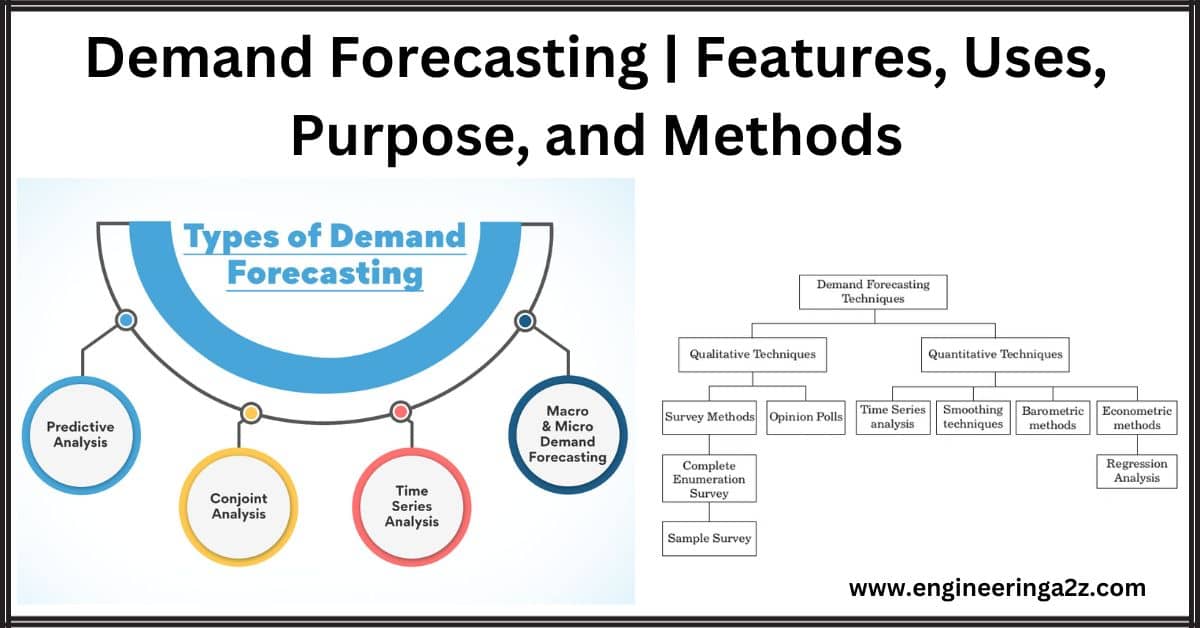
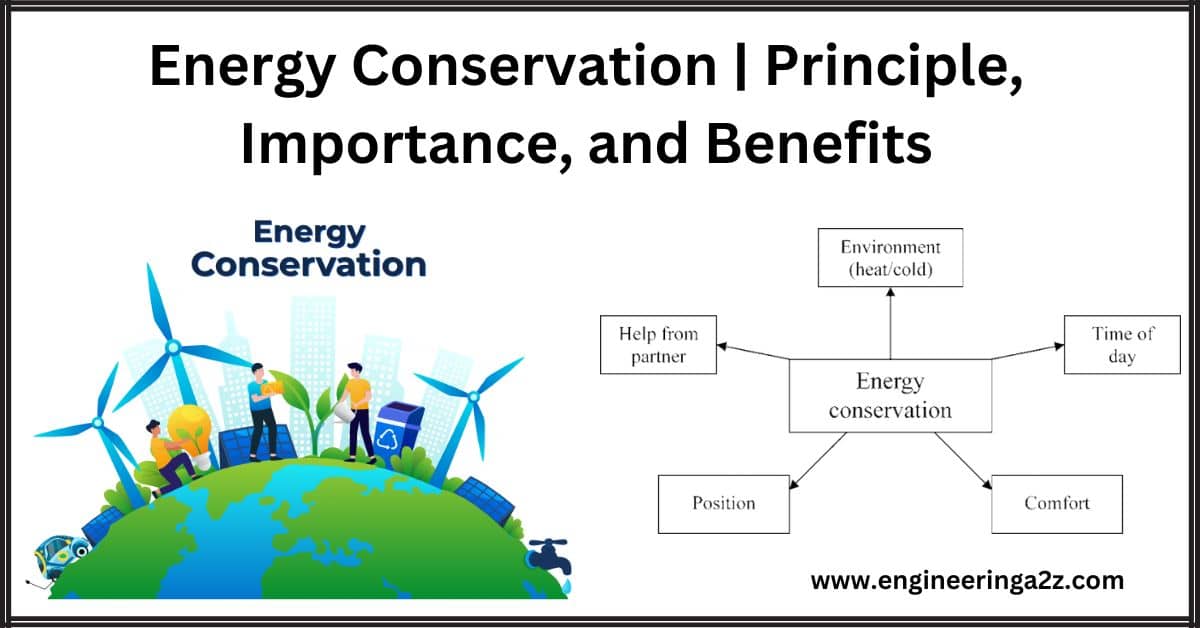
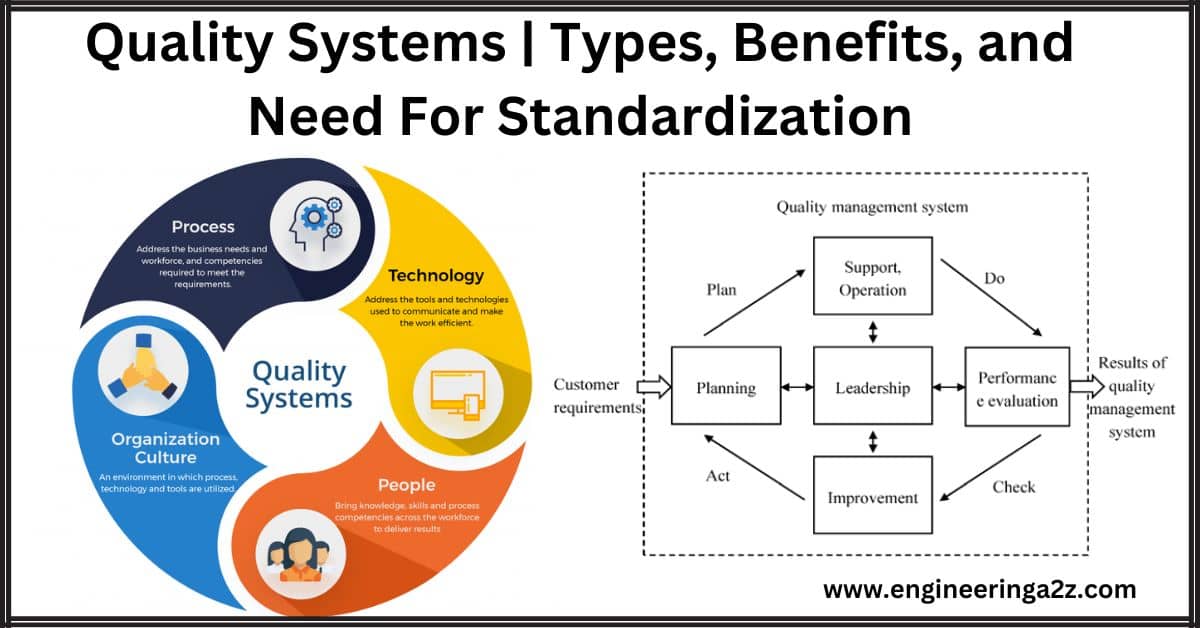




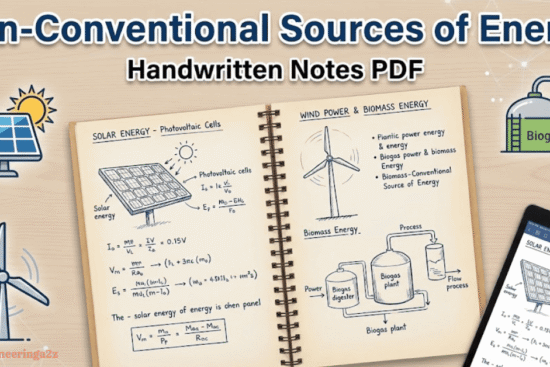






Comments